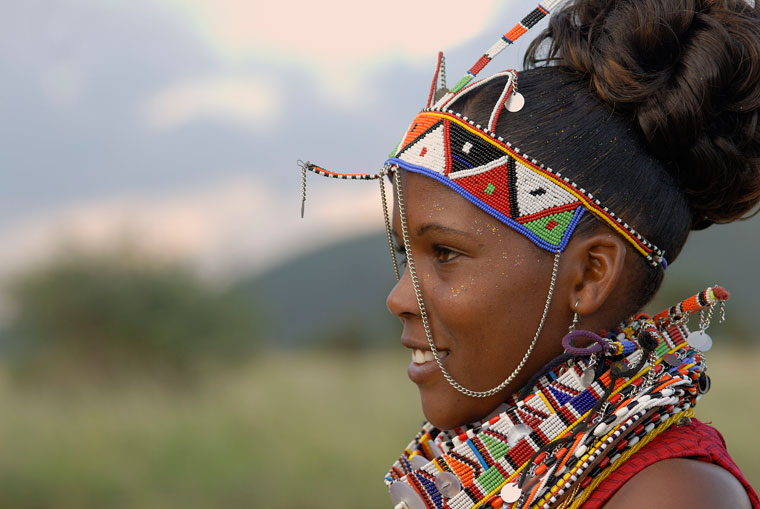Kenyan folk stories celebrate women as strong, fierce heroines of the distant past. Women in some communities in western and central Kenya are said to have enjoyed considerable power directly or indirectly as chiefs, queens, queen mothers and advisors.

One of these communities even started off as being matrilineal. Women led and fought fearlessly to extend their territory. Although this community has since become patrilineal, its nine clans are still named after the daughters of its legendary descendants.
In more recent times, women endured the same hardships as their male counterparts in the political struggle to free the country from Britain’s colonial grip. They risked life and limb to ensure armed freedom fighters got food. They were also an important source of intelligence for the armed fighters as they came under less suspicion.
But, in the 50-odd years since independence, Kenya’s women have had a rough time of it in politics. The first post-independence parliament in 1963 did not have a single woman representative. Only nine had contested for a seat in the 158-member house.
It wasn’t until 1969 that the first woman was elected to parliament. In a chamber of 169 members, there were only two women – one elected and one nominated. At the end of 1992, 30 years after independence, the count was just two women in a chamber of 198.
Kenya’s progressive 2010 Constitution brought a sea of change in the last elections held in 2013. Not only were there seats reserved for women, but more candidates than ever threw their hats in the ring. The new parliament had a whopping 88 both elected and nominated. More encouraging was the number willing to contest House at 449.
But the change went only so far. None of the 19 women candidates seeking senate and gubernatorial positions were elected. Of the 1,450 elected to county assemblies there were 88 women (or 6%). In Parliament, the increase in numbers amounted to 19%. All were well below the constitutional minimum entitlement of at least a third.
Lazy, idlers and busy bodies
As the election draws closer, Kenyans are reminded how sexist and patriarchal their society has remained. Choosing to run is a particularly difficult decision for a woman and her family. Campaigning is often marked by violence directed at women candidates.
Women candidates in cross ethnic marriages are often easy targets. Some are taunted to go seek elective seats where they were born. The naming and shaming of the single, divorced and married as people who should be taking care of their husband is the order of the day in campaign rallies.

